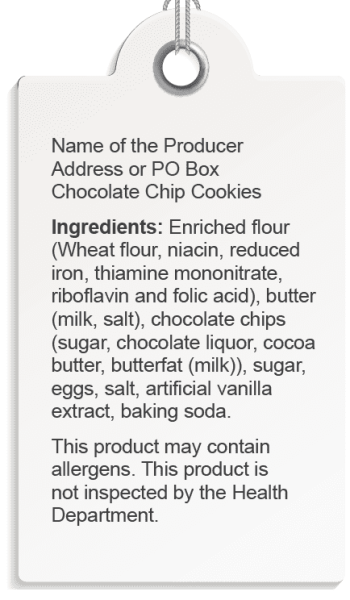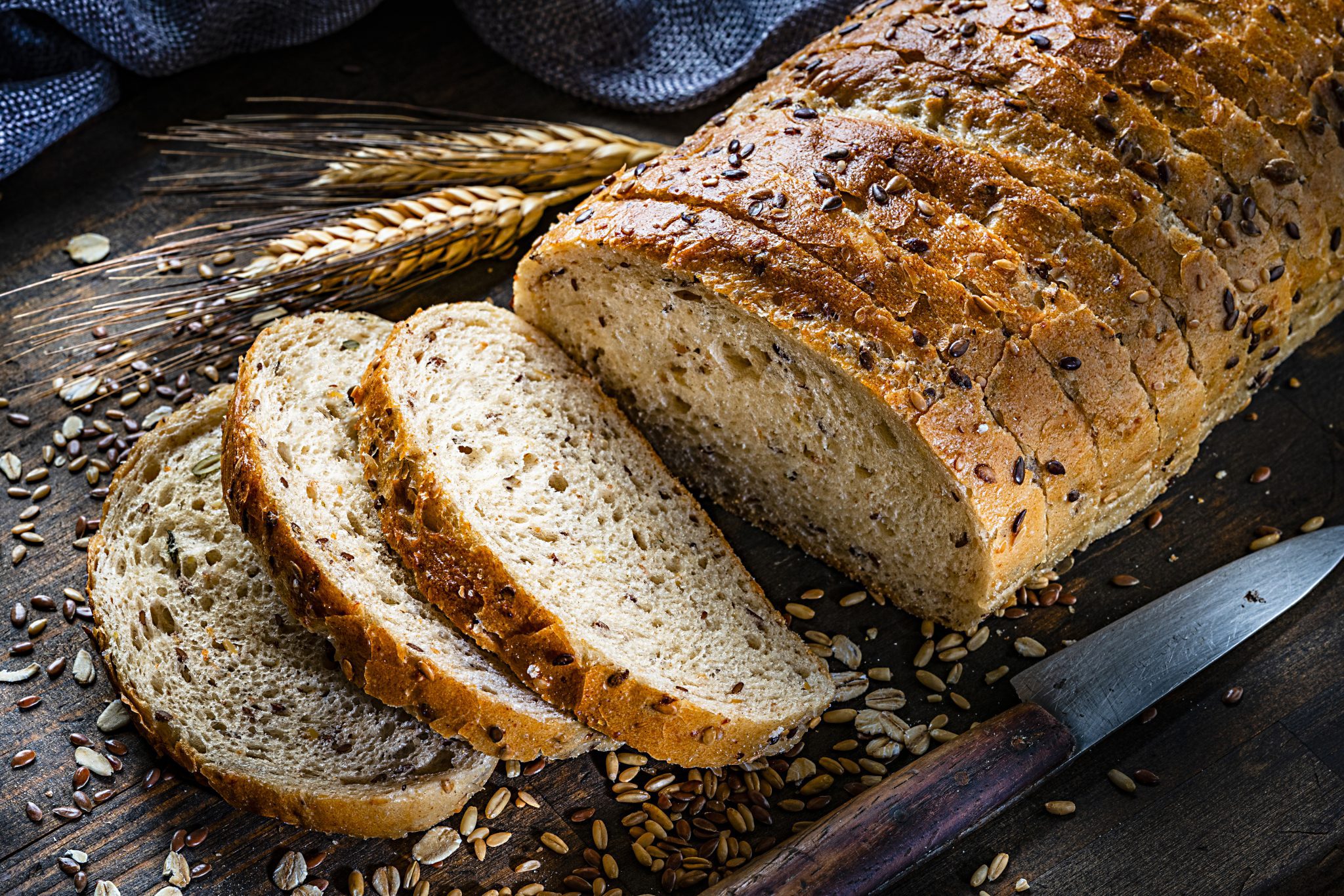Alabama Cottage Food Law

The Alabama Cottage Food Law went into effect in 2014 and was revised in 2021. The law states that individuals can produce certain nonhazardous foods in their homes. The new law defines a cottage food as a non-potentially hazardous food that has been prepared in a person’s home that does not require time and temperature control for safety. The law excludes products that use meat, poultry, or fish.
Foods that can be sold directly to the consumer:
- Candies
- Jams, jellies, fruit preserves, marmalade
- Dried herbs and herb mixes made from commercially prepared ingredients
- Baked goods: cakes, cookies, glazed pastries, danish pastries, doughnuts, breads, pies, cheese straws
- Candied or roasted nuts
- Popcorn (candied, coated, flavored)
- Spices (nonhazardous and considered generally recognized as safe or GRAS by the US Food and Drug Administration)
- Roasted coffee
- Dried baking mixes
- Chocolate or caramel covered fruit
Some examples of foods that can be sold directly to the consumer with a water activity or pH level allowed by the Alabama Department of Public Health:
- Home dehydrated or dried herbs, herb mixes, tea leaves, vegetables or fruits, or fruit leathers (no melon)
- Fermented or preserved vegetables or fruits that do not result in the production of alcohol. Examples include pepper relish, chowchow, pickles, relishes, salsas (tomato or fruit), kimchi, sauerkraut, pickled fruits
- Fruit butters
- Infused vinegars containing GRAS ingredients
- Nut butters
Note: Water activity and pH testing can be performed by Alabama Extension’s Food Safety testing lab or a processing authority for a fee. For more information on testing through Extension, contact your local food safety agent.
Foods that cannot be sold directly to the consumer:
- Baked goods with a component that requires refrigeration, such as custard pies and cakes with a whipped topping.
- Barbecue sauces
- Cheesecakes
- Garlic in oil mixtures
- Ice cream
- Juices from fruits or vegetables
- Beverages/teas from fruits or vegetables
- Juice drinks
- Meats in any form
- Milk products
- Raw cookie dough
- Soft or hard cheeses, including cheese sticks
- Vegetable pizzas
Note: Some foods, such as syrups or freeze-dried candy, may need further evaluation on a case-by-case basis.
 The Cottage Food Law requires the following on labels in a minimum 10-point font:
The Cottage Food Law requires the following on labels in a minimum 10-point font:
- Name of the individual or business
- Physical address or post office box of the individual or business
- Common name of the food
- Statement: This product may contain allergens. This food is not inspected by the Health Department.
- List of ingredients: Ingredients and sub-ingredients must be listed in descending order of predominance by weight.
Note: Every package must have a label. Health claims fall under FDA regulations and are not covered under the Cottage Food Law.
Selling Requirement
Cottage food cannot be sold to permitted facilities such as restaurants and grocery stores or to novelty shops for resell. Producers must sell directly to consumers within the state whether in person, by phone, or online. However, delivery options have changed. The new law allows delivery of products within the state by mail, through an agent of the producer, or directly to the consumer.
Training Requirement
A person operating a food business under the Cottage Food Law must attend and pass a food safety course approved by the Alabama Department of Public Health every 3 years. An approved course is the one taught by Alabama Extension or any American National Standards Institute (ANSI) accredited food safety program.
Cottage Food Gross Sales
Under the 2021 Cottage Food Law, the gross sales of $20,000.00 has been lifted. Currently, there is no cap on gross sales.
 Edited by Alice Moore, Regional Extension Agent, Food Safety and Quality, Auburn University. Written by Jean Weese, former Extension Food Safety Specialist, Auburn University.
Edited by Alice Moore, Regional Extension Agent, Food Safety and Quality, Auburn University. Written by Jean Weese, former Extension Food Safety Specialist, Auburn University.
Revised April 2022, Alabama Cottage Food Law: Basic Rules and Regulations, FCS-2058

